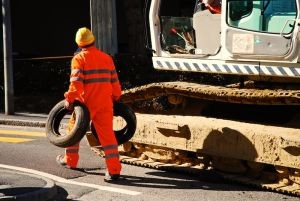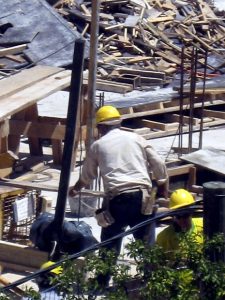In Hillmann v. City of Chicago, a workers’ compensation case for the United States Court of Appeals for the Seventh Circuit, claimant had begun working for the city’s parks district in 1973. After he worked in the department for about five years, he took a different job for the city as a truck driver in the sanitation department. It is fairly common for state, local, and even federal government workers to move back and forth between various departments during the years in which they are employed. The reason for this is because it is much easier to get a government job once you already have one, since many agencies will look internally to fill openings before looking at the general public.
 About 11 years after he first started working for city, he started to suffer from cervical radiculopathy, and doctors determined that his condition was work related. This is essentially a condition of the spine that causes pain in the back and arms and legs and other parts of the body. Continue reading
About 11 years after he first started working for city, he started to suffer from cervical radiculopathy, and doctors determined that his condition was work related. This is essentially a condition of the spine that causes pain in the back and arms and legs and other parts of the body. Continue reading
 Massachusetts Workers Compensation Lawyers Blog
Massachusetts Workers Compensation Lawyers Blog









